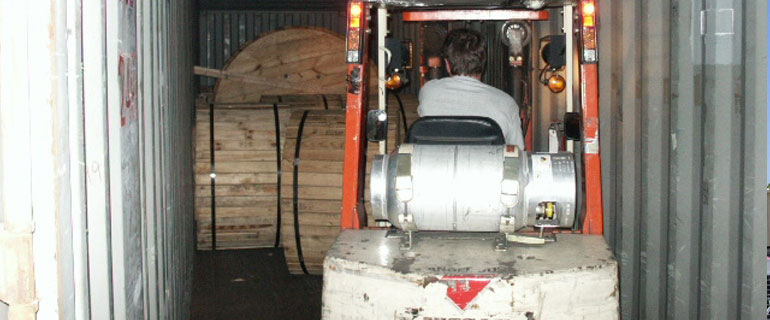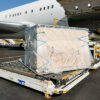Shipping Insurance: Why You Should Have it and How it Works
Cargo shipping is a huge global business and one that is vital to the economy as a whole. The ability to ship products via air, land and sea is critical to maintaining a global economy that is, not only stable, but thriving. This being said, shipping large cargo is not without its challenges. Size and weight of shipments require careful and detailed planning and then there is the very important issue of insuring shipments. Shipping Insurance is one of the most important elements in the shipping process. Here at Alaska Air Forwarding, we take special care to ensure that every shipment leaving our port is properly insured. Let’s take a look at why shipping insurance is important and how it works.
SHIPPING INSURANCE
If you plan to ship anything anywhere is it very important to insure your shipment. Why? Because accidents happen. Thankfully, the vast majority of shipments arrive at their destination safely, however, there are times when the vehicle transporting the cargo breaks down, has an accident or the cargo being shipped gets damaged in the process. Ocean freight is especially vulnerable to damages because they are often transporting flammable material which obviously impacts all the other freight being shipped. By law, all carriers are required to provide a minimum amount of insurance, but if you’d like your cargo fully protected in the event of an accident, it’s wise to purchase additional insurance.
Minimum insurance is exactly what it implies: minimal coverage. Purchasing additional coverage in the form of cargo Insurance is always advised. Cargo insurance provides All Risk Coverage that includes:
- Damages due to inappropriate packing
- Infestation
- Cargo abandonment
- Customs rejection
- Employee’s dishonesty
There are various types of cargo insurance available for purchase based on the type of shipment.
Land Cargo Insurance: Land cargo insurance covers all cargo being transported via trucks or other utility vehicles. This covers things such as theft and collision and typically covers just domestic cargo.
Marine Cargo Insurance: This insurance covers cargo being transported via air or sea. This insurance covers cargo damage, weather issues and piracies. This type of coverage covers international transportation.
In addition to these types of cargo insurance, there is also the important issue of Freight Insurance and Freight Liability. The key is knowing the difference between the two.
Freight Liability:
- Your claim must be filed within 9 months of delivery, or within a reasonable time frame if lost
- If the deliver receipt is not noted as damaged some carriers require immediate notification
- You must provide proof of value and proof of loss
- The carrier has 30 days to acknowledge a claim and must respond within 120 days
- You must prove carrier negligence
- This means the freight was picked up in good order, packaged properly but delivered in a damaged condition
Freight Insurance:
- You will be required to provide proof of value and proof of loss
- Claims are typically paid within 30 days
- You are not required to prove carrier negligence
This information provides a very basic overview of the types of coverage available for shipping cargo. Depending on the type of cargo and where it is to be shipped, the insurance issue can become quite complex; when that is the case, it is wise to reach out to those in the industry who deal with this on a regular basis. Our staff here at Alaska Air Forwarding, always goes the extra mile to ensure that our clients’ cargo is always properly packaged and insured so that it arrives at its destination safely and on time.
If you have questions regarding cargo insurance, contact us; we are always happy to answer any questions you may have and connect you with other resources that can provide all that you need.






